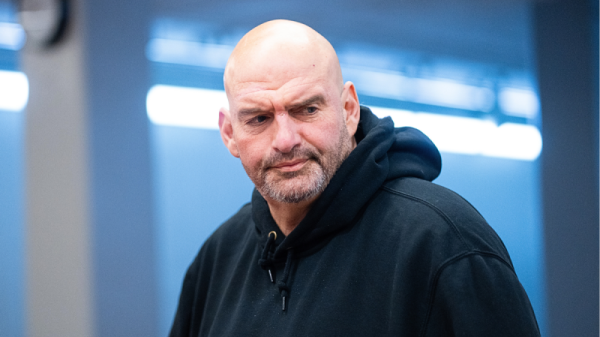There is apparently a solution to the climate crisis: sailing! This is a serious proposal by the French company Airseas, the proud creator of Seawing. This high-tech sail will, allegedly, reduce users’ greenhouse gas emissions by 20 percent, and its first test run will bring it to the United States. According to the owner, who refused to reveal Seawing’s actual price, buyers will get their purchase price back in fuel savings in 2 to 5 years. This invention, while interesting and certainly not a complete replacement for fossil fuels, is designed to “overhaul” a global transportation industry that emits 3 percent of the world’s greenhouse gas emissions to move 80 percent of world trade in volume. Like many other witty machinations, environmentalist intentions to “overhaul” transportation in international trade will not succeed, because it does not reduce costs or increase speed.
This is an incentive issue. As any other industry in a free market, transportation aspires for efficiency. This is the only way to stay in business. People in this industry want to reduce costs and/or increase speed. Transportation entrepreneurs face two daunting enemies that increase their costs: distance and energy management. One needs to move farther by using less energy to be able to reduce prices and stay competitive.
For most of human history, transportation has been a herculean task. Muscle and nature provided energy for the movement of goods. Harnessing wind and water currents made rivers and oceans valuable, but agents were not free to move at will. Nature dictated how long and how far people could go. The Industrial Revolution would turn this on its head.
For the first time in human history, people took the helm. Energy was produced rather than harnessed. The USA led this Transportation Revolution, an often-overlooked chapter of industrialization. Robert Fulton’s steam engine greatest contribution powered transportation in the vast river system inside North America. Wind and water currents no longer led the way. Sails (Seawing’s primitive ancestors) were creatively destroyed. Soon, investors and merchants carved up canals to link natural rivers to accommodate the steamships that served coastal and internal ports alike.
America’s continental dimensions made it the global epicenter of the Transportation Revolution. The UK, birthplace of the Industrial Revolution, had its own transportation revolution. Soon, a steam-powered Europe would join an ever-growing global market. The North Atlantic became the nucleus for international trade. While a new technology, steam-powered railroads, linked industrial centers on land without the need for waterways, humanity tamed the ocean on steamboats. Increasing demands for efficiency also led to canals, this time through continents. Just as the Erie Canal opened up the Great Lakes to the world, the Panama and Suez Canals brought the populated centers of the world closer than ever. Commerce opened up free markets everywhere.
An interconnected world called for faster transportation. Steam was not enough. Innovators found the solution in fossil fuels. Ships, railroads, cars, trucks and airplanes would run on gasoline, the option that concentrated the most energy in the smallest volume. But there was a catch: pollution. All almost all human activities pollute. Reading this article, for example, contributes to the internet’s 3.7 percent of global CO2 emissions (which is higher than that of ocean or air traffic). But people also work to manage pollution, and vehicle companies strive to produce fuel-saving engines that reduce costs and emissions by using gasoline more efficiently.
Not surprisingly, politicians think pollution is a problem that markets cannot solve. Intervention is almost a moral mandate. Under the so-called Green New Deal, America and the European Union will take the helm from “irresponsible transportation corporations” that pollute the planet as encouraged by UNCTAD. Taxes should deter people from using fossil fuels. Meanwhile, investment in clean energies, like the wind power that the Seawing harnesses, will save the planet. In fact, the EU helps fund the Seawing itself.
But if the USA, the EU and the UN really care about the developed world, they’ll allow commerce to run on fossil fuels as long as markets do not yield a better substitute. I am sure small business people want their produce propelled fast across the ocean to the West rather than to wait on a windy day to use the Seawing and save fuel.





































